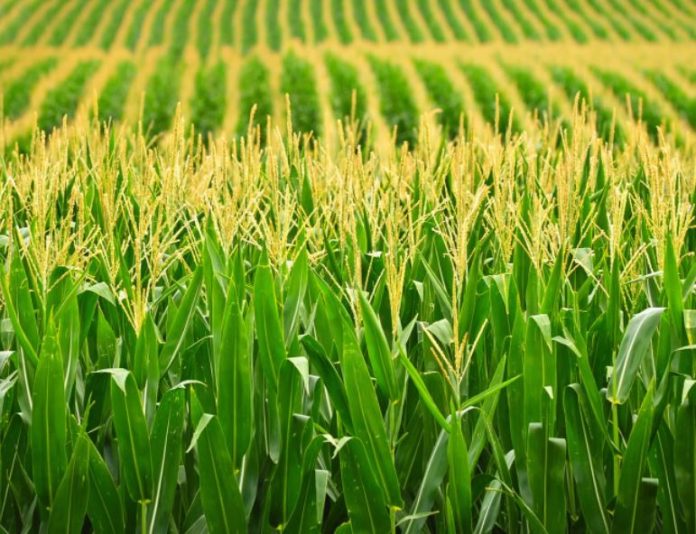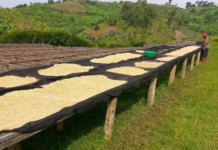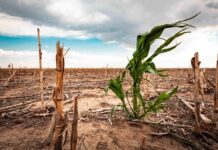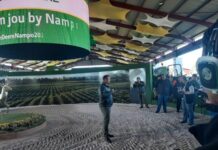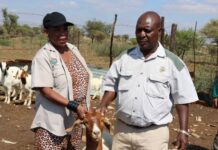The annual Nigeria Maize Conference is set to return for its 4th edition with the theme ‘Much More Maize 2.0.’
The annual gathering of stakeholders and experts in the maize agricultural value chain will be held in Abuja, in a hybrid event that will be open to physical and virtual participants. This year’s conference is coming on the heels of the 2021 edition which was themed ‘Much More Maize’ where Bayer introduced the Much More Maize Toolkit, an innovative solution to help Nigerian farmers maximize farm yields and secure harvests that had previously been hampered by devastating disease and pests.
The 2022 edition, tagged ‘Much More Maize 2.0’, will further entrench and expose maize farmers and stakeholders to sustainable farming practices that will increase maize harvest in Nigeria, boost the country’s overall productivity, and reaffirm Bayer’s commitment to improving food security.
Organizers
Organised by Bayer Nigeria Ltd., a subsidiary of Bayer AG Germany, this year’s conference is expected bring together, key industry stakeholders from Bayer SA; the International Institute of Tropical Agriculture (IITA); Bayer Nigeria Ltd.; Maize Association of Nigeria (MAAN); Institute of Agricultural Research (IAR); the Federal Ministry of Agriculture and Rural Development (FMARD); Agribusiness Department of Unity Bank, among others.
Speaking ahead of the conference, the Country Sales Manager, Bayer Nigeria Ltd, Mr. Temitope Banjo stated that the country had made significant progress in maize production since the last edition of the conference and this year’s conference seeks to foster more impact in Nigeria and Africa.
“Although maize production in Nigeria increased from 12.8 to 13.94 million metric tons between 2020 and 2021, propelling the country to become Africa’s largest maize producer (followed by South Africa, Egypt, and Ethiopia), there is still room for improvement to close the demand gap and meet the crop’s domestic and industrial needs in Nigeria.
This year’s conference will reinforce our commitment to addressing poor agronomic factors and the use of bad seeds during planting and cultivation, as well as making a greater impact through innovative solutions to ensure maize production achieves the required productivity and profitability.



